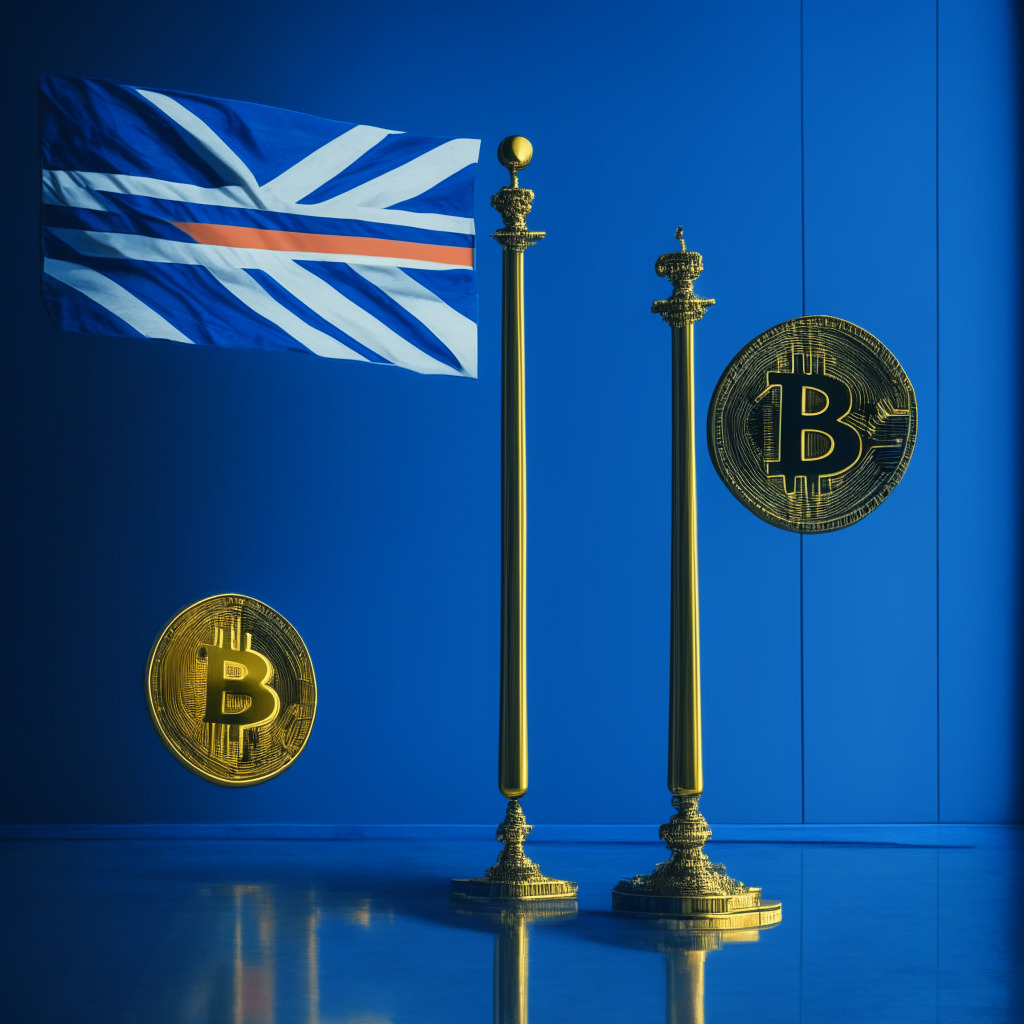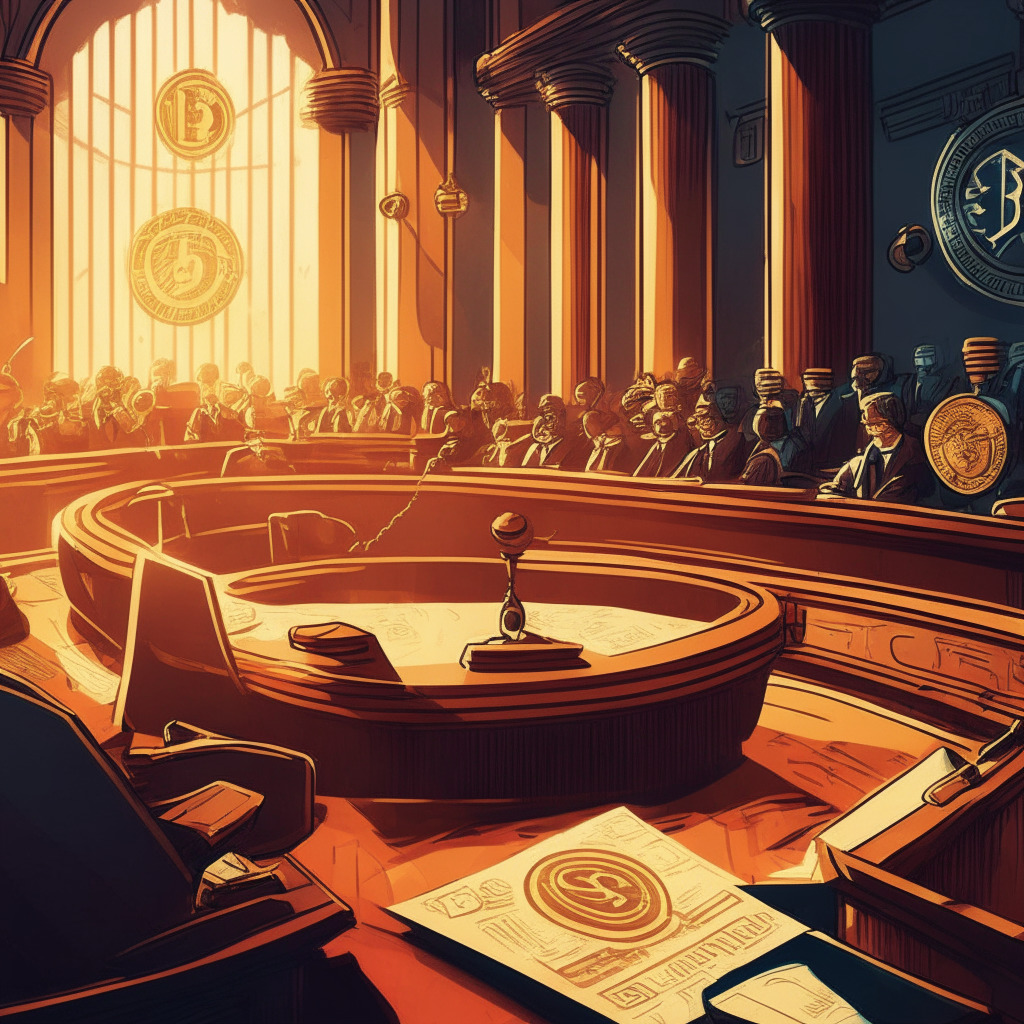Payment behemoth PayPal recently announced a halt on cryptocurrency purchases in the UK, intending to last until early 2024. The halt is in response to the implementation of new, stricter rules by the UK’s Financial Conduct Authority (FCA). In PayPal’s view, these policies require additional precautionary steps, thus necessitating the pause on new purchases, commencing on October 1. However, for customers who have previously invested in crypto-assets via their PayPal account, such assets are secured and can be sold at their convenience.
The regulations anticipated by the FCA are considered by many as tighter and might classify crypto as “restricted mass market investments.” The regulation’s introduction is forecasted for September 1. However, this move towards stricter regulation brings its share of the contentious ramifications in the crypto market.
On one end, stricter regulations might pave the way for a secure and orderly crypto market, mitigating the risks associated with crypto trading. From the regulators’ perspective, oversight is necessary to protect consumers from potential losses due to factors such as volatility, lack of transparency, and the potential for manipulation.
Contrarily, the cryptocurrency realm thrives on decentralization, with individuals and entities operating independently from overarching controllers. Adding more regulatory scrutiny might contradict the fundamental principles of cryptocurrencies and the trading freedom they espouse. Simply put, too restrictive regulation could lead to stifling innovation or forcing operations to move to less regulated jurisdictions.
In the midst of these stringent regulations, it is noteworthy that PayPal remains committed to its compliance obligations and cooperatively works with worldwide regulators to ensure adherence to market rules and regulations. Despite the temporary halt in the UK, PayPal’s momentum in the crypto sector, particularly in the United States, hasn’t dwindled.
Notably, the payments giant recently declared the launch of a stablecoin, PayPal USD (PYUSD). This is indicative of the fact that companies continue to seize opportunities in the burgeoning crypto market, correlating to the growing acceptance and endeavor for incorporating crypto in the financial mainstream,
In conclusion, this unveiling accentuates the balance between maintaining regulatory integrity and nourishing technological innovation, a recurring theme in the crypto world. The existing emphasis on regulations and innovation can swing heavily in either direction. The challenge, therefore, lies in striking an optimal balance where creativity isn’t stifled, and financial security isn’t compromised.
Source: Coindesk




